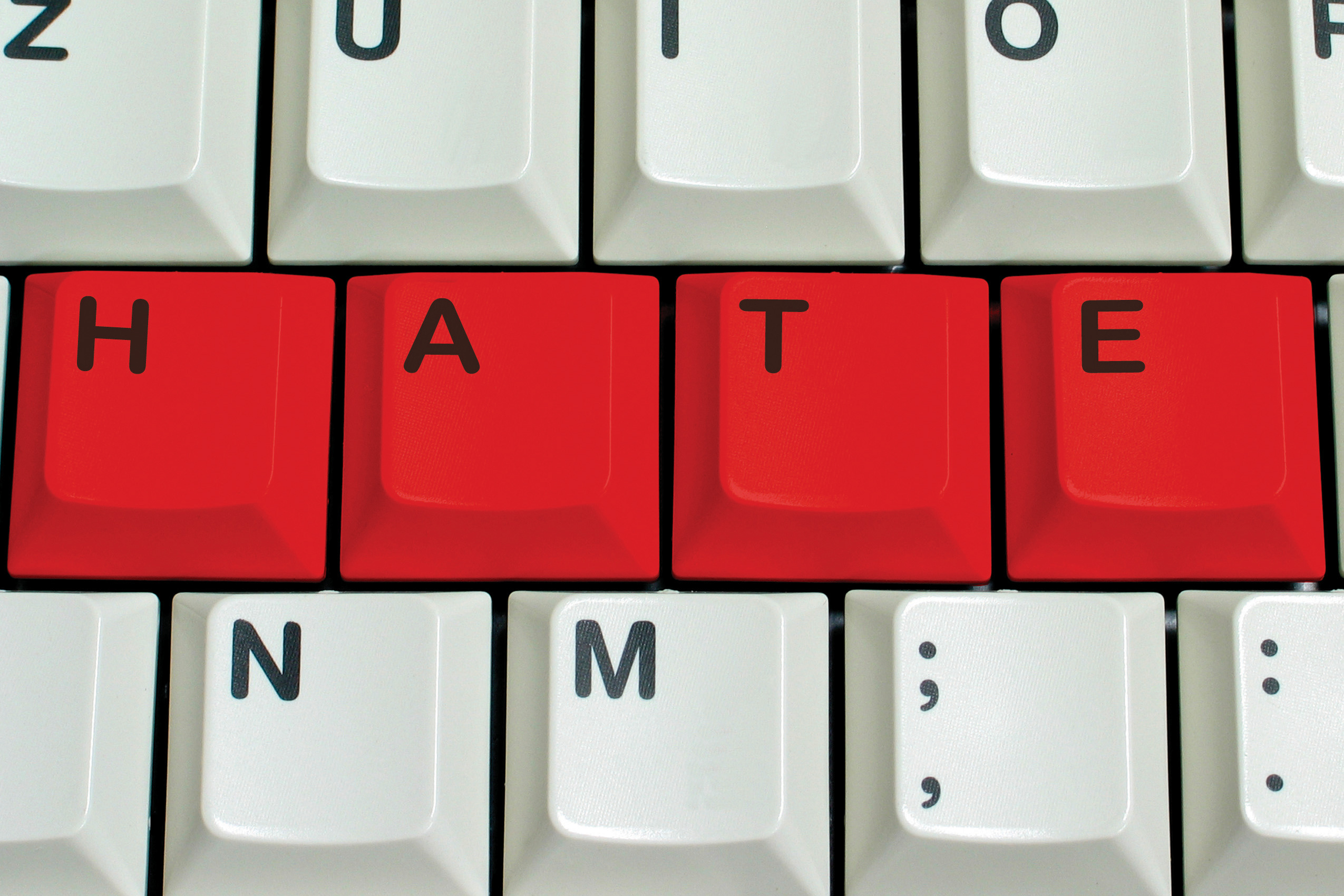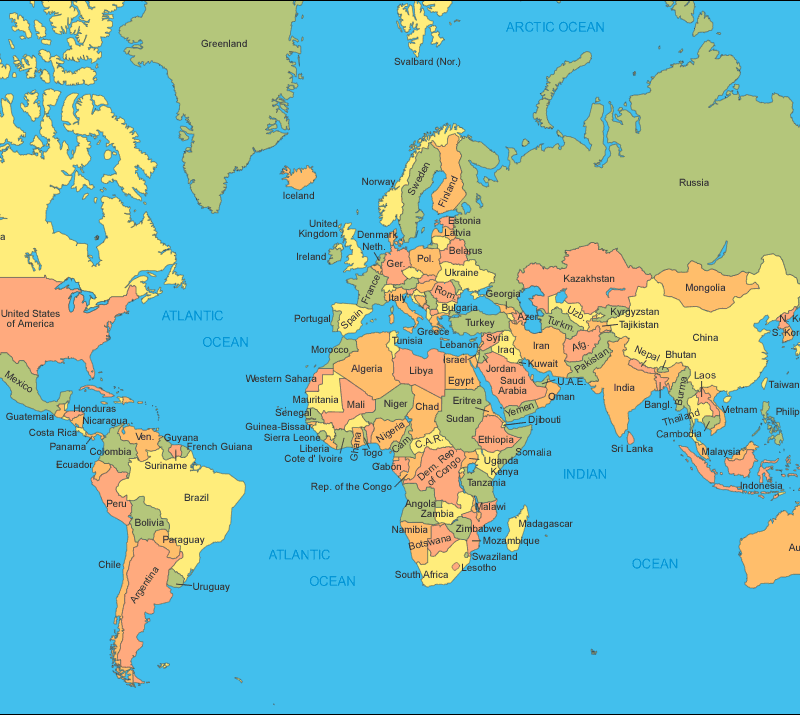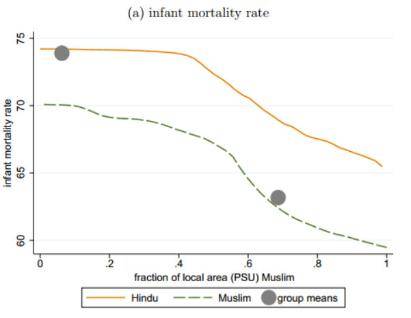
This article originally appeared online on India Abroad.
Sometimes a story writes itself, and sometimes a claim-by-tweet is proved before it is made. So when presidential candidate and congresswoman Tulsi Gabbard summed up several weeks of turbulence in the Indian and Hindu American communities, tweeting, “Hinduphobia is very real,” she lit up social media.
There was appreciation from Hindus — Hinduphobia, thy name was said, and it exists! Tulsi first brought the term to national attention with her utterance of “Hinduphobia” during a CNN Town Hall, and here, the first Hindu American elected to Congress was affirming that she had suffered anti-Hindu bigotry at various times in her time in public office and on the campaign trail.
But irony was subsumed after the tweet. Scores attacked Tulsi for “gaslighting” the victims of the Delhi Riots. How? Because she dared to highlight Hinduphobia. A Hindu legislator, who was viciously attacked for her choice of guru, for practicing a “satanic faith” by an opponent, for speaking for persecuted Hindus in South Asia and beyond. It was as if her voicing her own personal anguish was intolerable for those who saw her struggles as an ideological pronouncement.
After the harrowing accounts of the Delhi riots that left 53 dead, some students at several U.S. college campuses organized protests and targeted the Modi government for alleged failures. That is certainly expected and could be supported. But the vehicle used for protest? The Hindu festival of Holi. A Holi Against Hindutva hashtag was created, protesters of various religious backgrounds wore black on Holi, and a story alleging a casteist conspiracy in the burning of Holika was disseminated to shame any Hindu student who sought to celebrate on campus. And no, in case one wonders, there has never been an Eid against Islamism or Iftar against Radical Islam protest by these South Asian students so concerned about human rights.
Last week too, Kashmir secessionist groups, such as Stand with Kashmir, South Asians Leading Together (SAALT), and the same Dalit groups launched an all out effort to have the U.S. Congress House Foreign Affairs Committee take up Pramila Jayapal’s bill, House Resolution 745, which would condemn India’s moves in Kashmir to restore order and end an insurgency that killed tens of thousands. The resolution was dead-on-arrival for Hindu Americans as it made no mention of Pandits, nor premised Kashmir as an integral part of India. Only a sustained effort by the Hindu American Foundation that activated in a matter of days over 3,000 inquiries from Hindu Americans and friends of the community, succeeded in deferring the bill for now, at least.
And then they came for Amit Jani and Jenifer Rajkumar. And Rep. Raja Krishnamoorthi. And Dr. Pritesh Gandhi. Why? Because they’re Hindu, and this puts upon them the burden of condemning Modi, condemning the refugee protections of the Citizenship Amendment Act (CAA), condemning Kashmir’s integration, repudiating contributions from Hindu American supporters, and on and on. The agni pariksha — the purity test — was required. Not to gain an endorsement — only to avoid a political and character assassination.
Jani, the highest ranking ranking Hindu American in the Joe Biden for President campaign, serving as the Asian American Pacific Islander outreach director, was the target of an article in a few left-wing publications, followed by a profile in two Muslim web portals, Muslim Matters and Middle East Eye. That motley coalition of Muslim, Dalit, and radical left groups then launched an internet campaign against Jani because Jani’s late father co-founded Overseas Friends of BJP years ago, and Jani took a photo with Prime Minister Modi during one of his U.S. visits. Jani never interacted with OFBJP — his parents did — and Modi never spoke ill of minorities, about the CAA, or any other cause. But he was to suffer for the alleged sins of his late father.
As I write, many of these groups are coordinating a “twitter storm” demanding that Amit be fired and that the Biden campaign make a statement condemning India’s moves on Kashmir and CAA among other issues as Bernie Sanders has done. And if irony was not dead yet, many of these groups are professing allegiance to Sanders with colorful announcements.
That same Sanders coalition metastasized into one more group, Queens Against Hindu Fascism, that began a campaign harassing a candidate for the New York State Assembly, a Hindu American of Indian origin, Jenifer Rajkumar. Her alleged crime? That she accepted money from Hindu Americans that attended Modi’s community events in the U.S. Similar efforts, for the exact same reason, have been launched against Dr. Pritesh Gandhi, a candidate for Congress from Texas, and Rep. Raja Krishnamoorthi (D-IL).
If demographics is destiny, 2020 would be the year of the Indian American voter. An estimated 1.4 million Indian Americans could vote in 2020. Traditionally nearly 80% have affiliated with the Democratic Party. But when Bernie Sanders, Elizabeth Warren, and Sanders proxies like Jayapal and Ro Khanna condemn abrogation of Article 370, the refugee protections extended under the CAA, and contested words like Hindutva, then a perception that the Sanders wing of the Democratic party is shifting away from a mutually respectful US-India strategic partnership takes hold. So far, the Biden campaign is making the right moves in retaining Jani’s portfolio, issuing Holi greetings and holding firm on no misstep vis a vis careless India critique,
Sanders, Jayapal, and Khanna must condemn and repudiate increasingly hateful and bigoted attacks by their supporters and proxies on Hindu American officials, Hindu American candidates, Hindu American donors, and now, Hindu holidays. That Tulsi Gabbard called this out, only to face more hate, simply proved her point.
Suhag Shukla, Esq. is Executive Director of the Hindu American Foundation (www.hinduamerican.org). The views expressed here are her own. She tweets @suhagashukla







































